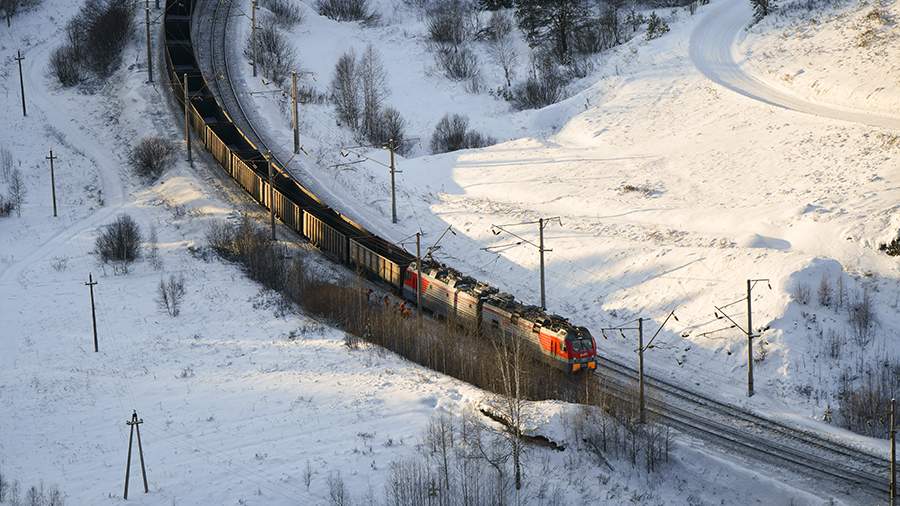
Baikal-Amur Mainline and Trans Siberian railways to get multi billion upgrades
By Rhod Mackenzie
The Russian government has approved the third stage of modernisation of the Baikal-Amur and Trans-Siberian Railways (BAM and Trans-Siberian Railway) until 2035. The total cost of work will be 3.7 trillion rubles. Russian Prime Minister Mikhail Mishustin announced this on 2 May.
"We are continuing to implement the investment project for the development of the Baikal-Amur and Trans-Siberian railways. On behalf of the head of state, the third stage of work until 2035 was approved. The total cost of these works exceeds 3.7 trillion rubles," he said at an operational meeting with deputy prime ministers.
Mishustin highlighted that these funds will be allocated to the construction of additional tracks, sidings, tunnels, bridges and other infrastructure. He emphasised that the expansion of the Eastern training ground will facilitate the growth of industrial enterprises, boost cargo flow, increase the volume of orders and create new job opportunities.
The Prime Minister reaffirmed that the modernisation of the BAM and Trans-Siberian Railways will also enhance the quality of life for residents of Siberia and the Far East.
At the end of March, the press service of Russian Railways (RZD) announced the commencement of the third stage of the Eastern training ground development. They highlighted that they had entered into agreements with the Bamtonnelstroy-Most group of companies for the construction of the second Severomuysky, second Kodarsky and second Kuznetsovsky BAM tunnels, as well as a new railway bridge across the Amur River.
At the end of December, Russian President Vladimir Putin, at a meeting on the development of the Eastern Railway Range, noted that the eastern direction of Russian Railways is in great demand. He clarified that traffic volumes on it are growing, and loading is guaranteed for years to come.
The eastern railway range includes facilities of the Trans-Siberian Railway and the Baikal-Amur Mainline. Russia is continuing to modernise its entire infrastructure, with new large facilities and stations being created, as well as second tracks.
